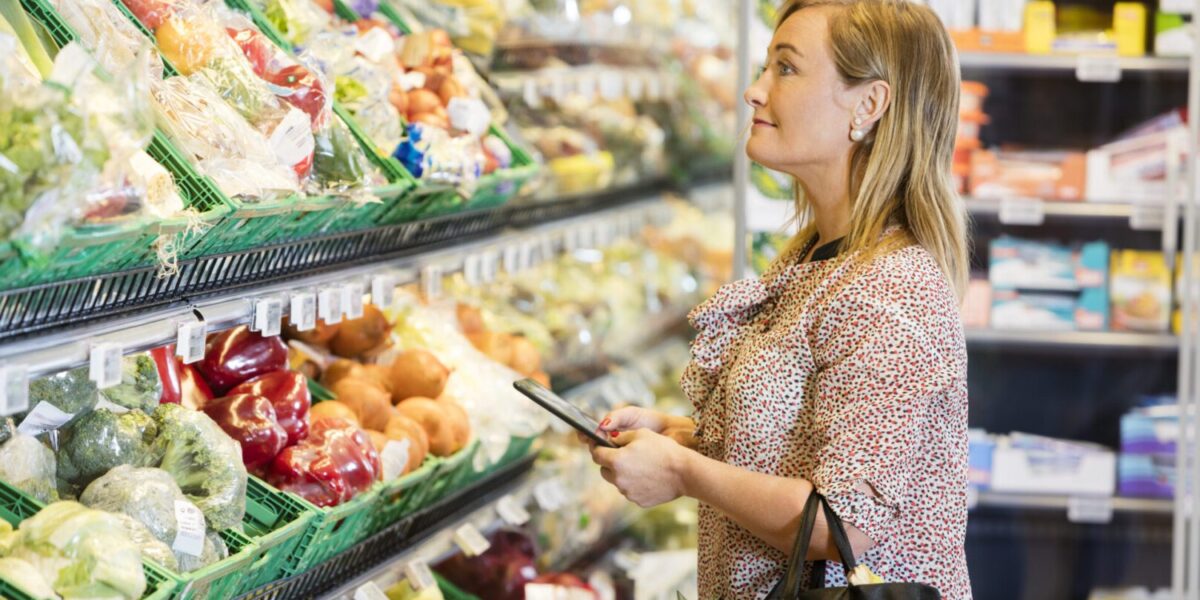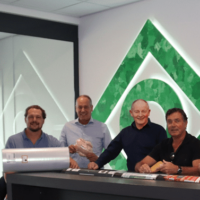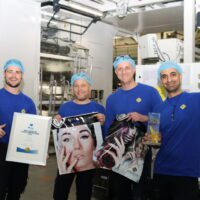In recent months, the European Commission has been working hard on this new packaging measure. The PPWR is the successor to the 1994 Packaging and Packaging Waste Directive (PPWD). In it, the essential requirements already emerged: 1. packaging is safe, 2. the use of packaging is minimised and 3. the impact of packaging on the environment is minimal. These also emerge in the new law, but are now defined in much more detail.
Plastic cycle
As a producer of flexible plastic and paper packaging, the OPACKGROUP operates worldwide and since 1992 has set course to make its development as sustainable and circular as possible. Including its own test and research centre under the name OPACKGROUP Technology Center (OTC), the producer develops sustainable, customer-specific packaging.
With this knowledge and the reality of new legislation on business operations, the company offers substantiated advice to packers. Sustainability director Rob Verhagen emphasises OPACKGROUP’s role as a knowledge partner. “The entire packaging chain is going to notice the consequences of this new law. As an entrepreneur, you will have to invest to shape the packaging according to this directive. The plastic cycle will function much better as a result and the proportion of recyclate in packaging will increase substantially. Companies will also be required to better record packaging data and comply with relevant certifications. This is going to ensure that you not only call green, but also do green.
Opportunities
The law also offers opportunities! As an entrepreneur, by putting your packaging portfolio next to this directive, you often find out that some forms can be more efficient and therefore cheaper. Think of choosing lighter materials and saving on transport costs. But also due to the fact that many more countries are introducing tariff differentiation in the waste management levy (such as Verpact in the Netherlands)-for example, for the use of recyclate or recyclable packaging, circularity and total costing go well together. With good communication on your packaging about the use of recyclate or recyclability, you motivate users to buy products in truly sustainable packaging. For many companies, the new legislation means a minimum declaration of conformity. But the requirements also include a reduction in packaging weight, reuse targets or stricter recyclability requirements. Other things to consider are the use of recyclate, but also certain packaging formats will no longer be allowed in the future.”
The family-owned company with 10 branches in the Netherlands is investing in the advisory role to help customers put everything in place to meet the conditions of the PPWR. Using special software, it calculates the eco-costs of packaging, which clients need when accounting for the sustainability gains made. Verhagen: “More than ever, companies will be looking for factual figures instead of fancy packaging marketing. With our experience in the field of recyclable packaging and the collected knowledge, we have good solutions for parties who want to meet the PPWR standard when it comes to flexible packaging.”
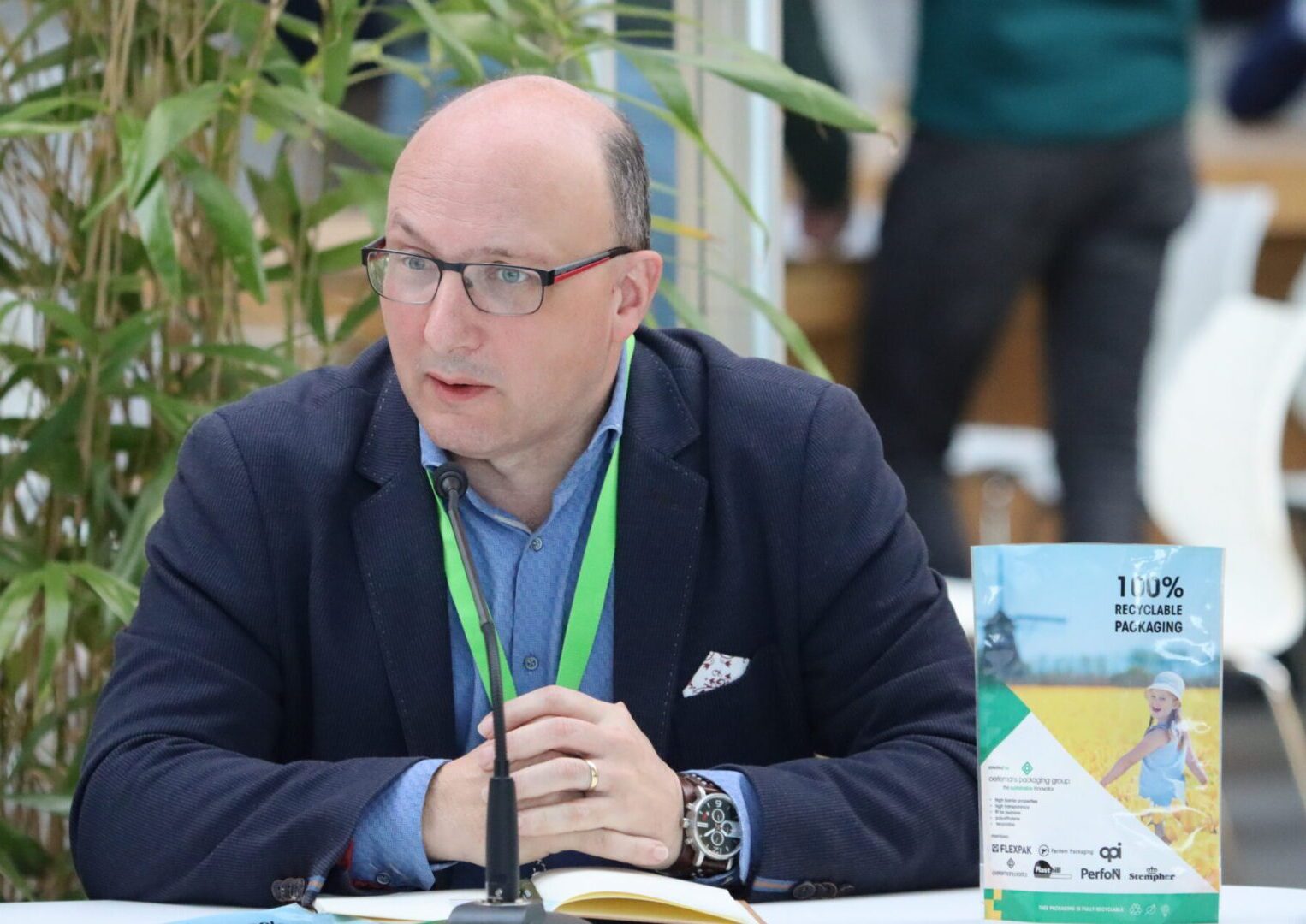
Rob Verhagen (Director Sustainability OPACKGROUP)
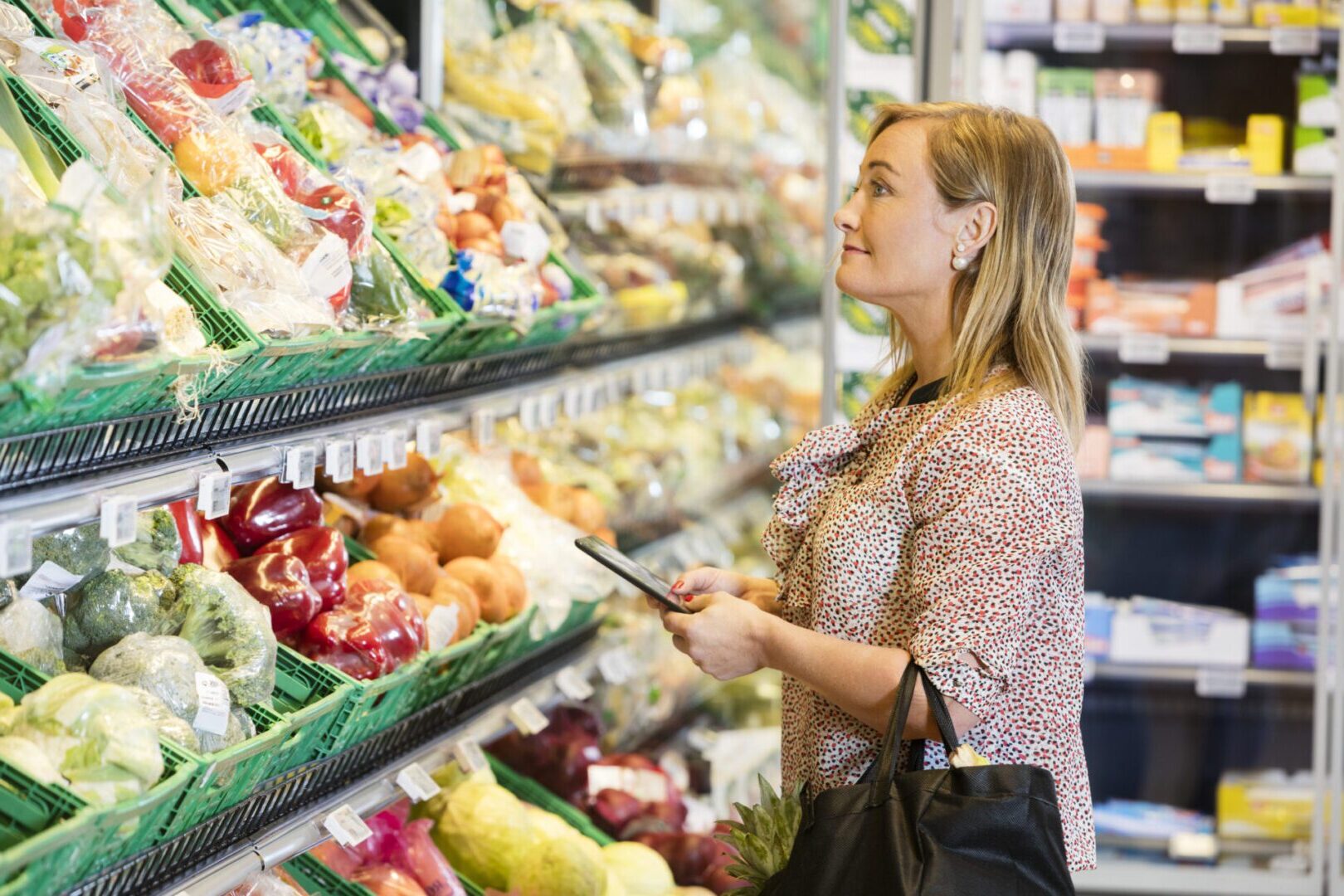
“Good communication on packaging about the use of recyclate or recyclability motivates users to buy products in truly sustainable packaging.”
Know more?
OPACKGROUP’s analysis on the arrival of the PPWR legislation has been published in abridged form in specialist journal VerpakkingsManagement. The media company has developed a special online guide with more information on the upcoming European Packaging Directive. If you would also like to read this information, click on the button opposite:
More information about our tailored advice? Then contact Rob Verhagen, director sustainability OPACKGROUP



